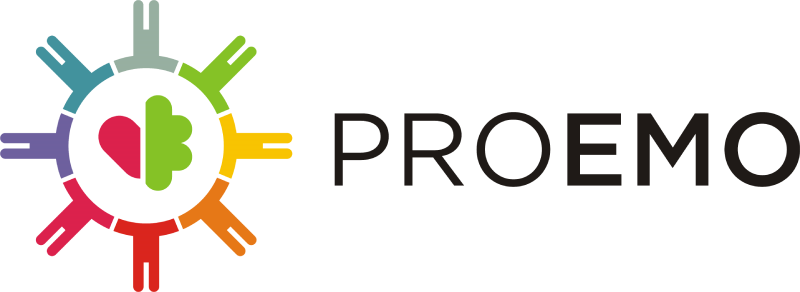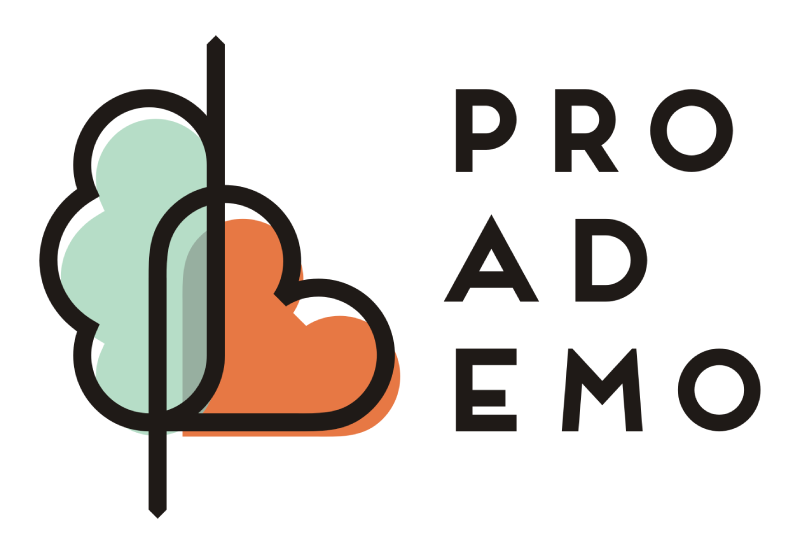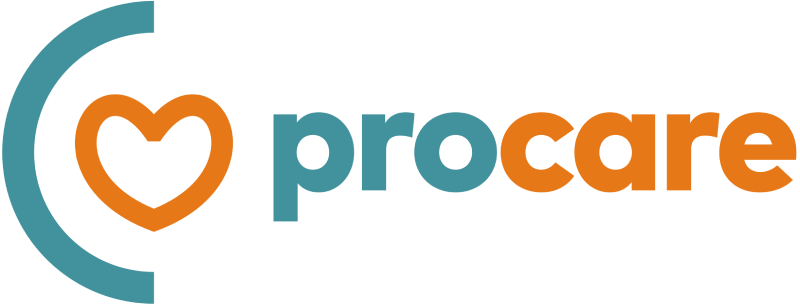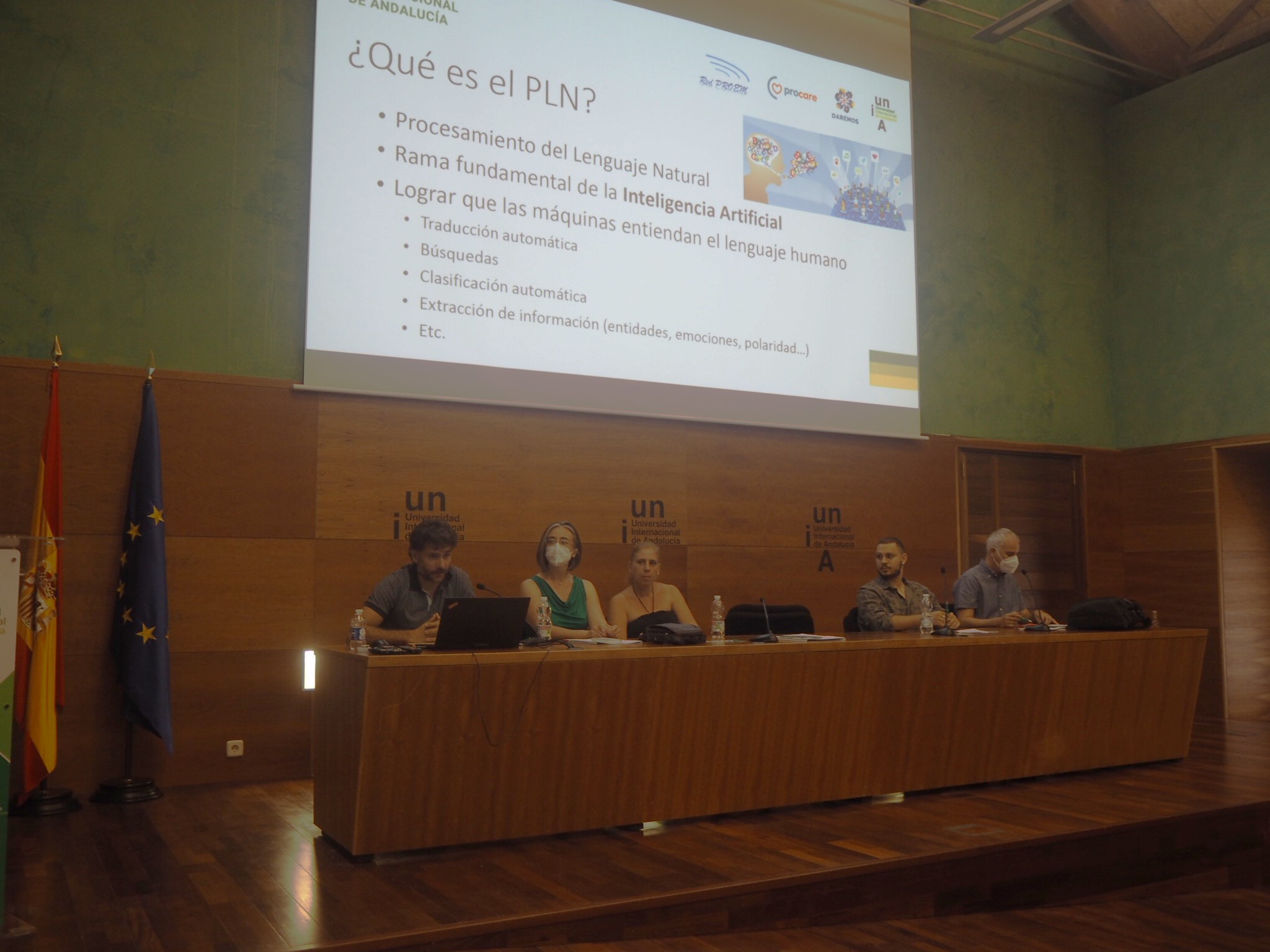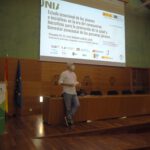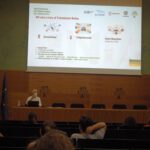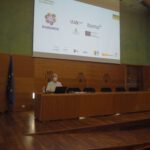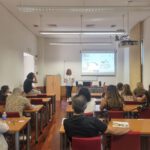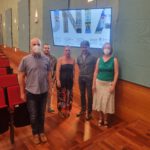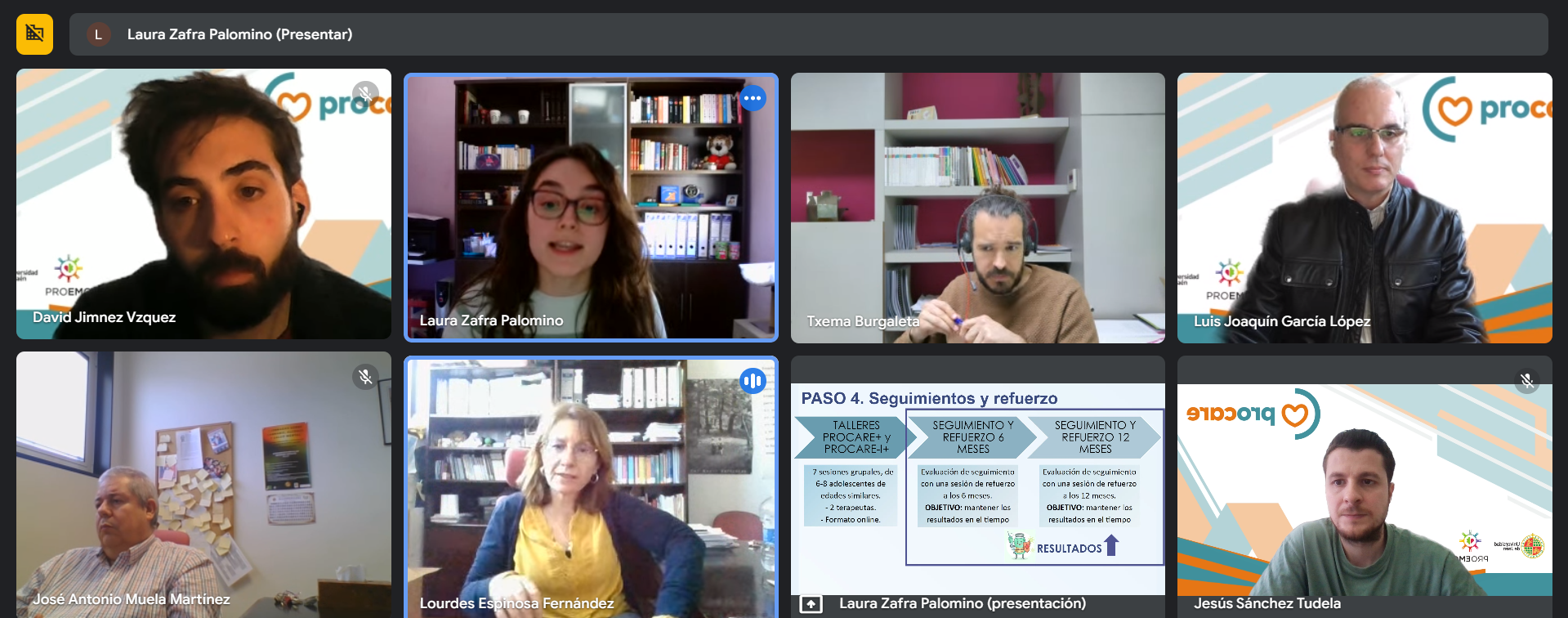These are two multidisciplinary projects led by the UJA, pioneers at international level, which promote health promotion and emotional well-being of young people.
World Mental Health Day is commemorated today, October 10th.
10/10/2022- Researchers from the University of Jaén (UJA), in collaboration with other national and international universities, as well as social, governmental agents and research centers, have promoted two initiatives, DAREMOS and PROCARE, focused on the early detection of adolescents at risk of suffering emotional problems, as well as on the intervention on those adolescents during the pandemic and post-pandemic stage.
The report and roadmap of the Network for the Promotion of Health and Emotional Wellbeing in Adolescents (PROEMA Network), led by UJA, highlighted already in 2018 the need to carry out evidence-based screening/early detection and intervention protocols for young people with emotional problems or at risk of suffering them. “The report was the germ of these two initiatives that aim to detect young people at risk of developing emotional problems and the implementation of evidence-based interventions that allow the emotional strengthening of young people, especially the most vulnerable,” explains Luis Joaquín García, professor at UJA and main responsible for DAREMOS and PROCARE.
Specifically, the DAREMOS initiative is a multidisciplinary action that has enabled, for the first time at international level, the early detection of emotionally healthy young people at risk (selective prevention), at high risk (indicated prevention), or with emotional disorders. This is a project that brings together disciplines such as Psychology, Language Analysis, Natural Language Processing (NLP) or Epigenetics and in which researchers Luis Joaquín García, Lourdes Espinosa and José Antonio Muela from the Department of Psychology of the UJA participate, Mª Belén Díez from the Department of English Philology, Arturo Montejo as a member of the UJA spin-off YottaCode, together with Juan Miguel Gómez (IP2) and Mª Jesús Pinto, members of the Institute of Biomedical Research of Málaga (IBIMA).
As for the analysis of language, “the most revealing results of the syntactic-semantic analysis indicate that the language used by the adolescents in the clinical group is characterized by a more frequent and statistically significant use of mental processes, especially cognition-knowledge”, says Professor Mª Belén Díez. These types of processes do not characterize any other group (control, selective or indicated), which makes it possible to identify adolescent women in the clinical group. Regarding the use of metaphors, the results obtained show that women in the clinical group use more metaphors to refer to happiness, while men use more metaphors to refer to depression. Adolescent males, in the clinical group, also use more metaphors than females to refer to nervousness. In the other groups, it is observed that the type of metaphor and its frequency can distinguish the spontaneous oral production of adolescents.
Similarly, the use of PLN techniques yields clues about the involvement of an emotional disorder. “It has been shown that detection/diagnosis criteria based on PLN are significantly different according to sex in terms of stylistic features, use of language associated with the expression of emotions, or lexical complexity and diversity,” says UJA professor Arturo Montejo. Thus, language analysis and machine learning algorithms can help to identify emotional disorders early, especially in women, with more than 70% accuracy. Boys show a greater difference in what they express, while girls mainly vary in how they express themselves.
Finally, “the analysis of DNA methylation through epigenetics has revealed that in high-risk boys there is a hypomethylation in the BDNF gene that differentiates them from the rest of the groups, achieving a specificity of 90% when we combine the detection of this hypomethylation in two sites of the BDNF gene”, indicates the IBIMA researcher, Mª Jesús Pinto.
Once at-risk youth have been identified through DAREMOS, the PROCARE initiative encompasses both PROCARE+ and PROCARE-I through a team composed of researchers Luis Joaquín García, Lourdes Espinosa, José Antonio Muela and Mar Díaz from the Department of Psychology at UJA, José Antonio Piqueras from Miguel Hernández University, Josefa Canals from Rovira i Virgili University and Jill Ehrenreich-May from the University of Miami.
First, PROCARE+ allows for emotional strengthening through group sessions and personalized sessions based on the risk factor presented by the adolescent. PROCARE+ is the first transdiagnostic initiative of selective prevention, which has proven its effectiveness in adolescents at risk of developing emotional problems. PROCARE+ has enabled around 300 adolescents to reduce their emotional distress (49%) and the risk of developing a future emotional problem (58%), as well as to increase their quality of life (10%), resilience (61%), ability to manage intense emotions (15%) and emotional regulation (18%).
In addition, young people at high risk have had at their disposal PROCARE-I, a prevention initiative aimed at young people who show incipient emotional symptoms and are therefore at high risk of developing an emotional disorder. Throughout 8 group sessions, on-line or face-to-face, work is carried out from a transdiagnostic approach to provide young people at high risk with a series of effective psychological skills to enhance resilience and emotional management. Thanks to this initiative, adolescents have reduced their emotional distress (40%) and the risk of developing an emotional disorder (33%), as well as increased their quality of life (12%), the ability to manage intense emotions (6%) and their resilience (41%).
Both initiatives are led from the University of Jaén and have the support of an external advisory board formed by the Youth Institute (INJUVE) of the Ministry of Social Rights and Agenda 2030, the Spanish Youth Council (CJE), the FELGTBI+ Youth Group, the Spanish Association of Mutual Help against Social Phobia and Anxiety Disorders (AMTAES) and the Confederation of Organizations of Psychopedagogy and Guidance of Spain (COPOE).
In the framework of World Mental Health Day, Luis Joaquín García insists on the importance of implementing initiatives such as DAREMOS and PROCARE to improve the prevention and approach to emotional problems in adolescents. “Fifty percent of all emotional problems appear before the age of 14 and it is estimated that more than one and a half million young people in our country suffer, or are at risk of suffering emotional problems such as anxiety or depression,” he points out. Therefore, he advocates the urgent need to invest in research, prevention and promotion of health and emotional well-being of young people, since we are facing a global priority, as highlighted in this year’s motto of this ephemeris”, he concludes.

